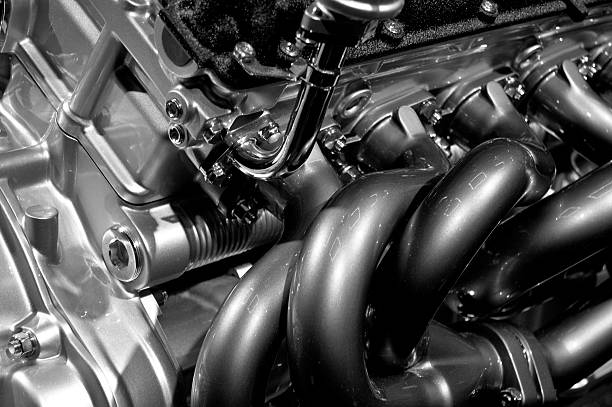Your vehicle’s engine is the beating heart that propels you on your journeys, and it deserves not only excellent performance but also the attention it needs to shine. Engine detailing is the key to ensuring that the powerhouse of your car not only runs smoothly but also looks its best. In this article, we will delve into the world of engine detailing, exploring its importance, the process, and the transformation it can bring to your vehicle’s heart.
The Essence of Engine Detailing
Engine detailing, also known as engine bay cleaning or engine bay detailing, is a specialized service that focuses on the thorough cleaning, restoration, and protection of the engine bay’s surfaces. This process goes beyond a regular car wash, concentrating on enhancing the aesthetics of your engine and preventing damage from heat, grease, and environmental elements. Here’s what engine detailing typically involves:
- Cleaning and Degreasing: The process begins with a careful cleaning and degreasing of the engine components, removing dirt, grease, and grime.
- Decontamination: Specialized products and techniques are employed to eliminate contaminants like road tar and oil splatters.
- Protecting Electrical Components: Detailers take precautions to protect sensitive electrical components, such as connectors and wiring, from moisture and chemicals.
- Dressing and Coating: After cleaning, engine components are dressed and coated with specialized products to enhance the shine and provide protection against heat and contaminants.
- Removing Rust and Corrosion: In cases where rust or corrosion is present, detailers may take steps to remove or mitigate these issues.
The Importance of Engine Detailing
Engine detailing is not just about aesthetics; it offers several important benefits:
- Preservation of Value: Regular engine detailing can help maintain your vehicle’s resale value by ensuring that the engine bay looks well-maintained and free from corrosion.
- Prevention of Damage: Protecting the engine from dirt, grease, and contaminants helps prevent potential damage and keeps the engine running smoothly.
- Early Issue Detection: Regular inspections during detailing may help detect potential issues early, allowing for timely maintenance and repair.
- Enhanced Safety: A clean and well-maintained engine bay can provide a safer environment for repairs or maintenance tasks.
- Optimal Cooling: A clean engine is more efficient at dissipating heat, which can be vital for engine longevity.
The Process of Engine Detailing
Engine detailing is a meticulous process that should ideally be handled by professionals with the necessary expertise and equipment. Here’s an overview of the typical steps involved:
- Assessment: The process begins with an assessment of the engine bay’s condition to identify any specific issues or areas that require attention.
- Cleaning and Degreasing: The engine bay is carefully cleaned and degreased to remove dirt, grime, and contaminants. Pressure washers and specialized cleaning agents may be used.
- Detailing Products: Detailers use engine bay-specific detailing products to dress and protect the engine components.
- Protecting Electrical Components: Sensitive electrical components are covered or shielded to prevent moisture damage.
- Final Inspection: After the detailing is complete, a final inspection ensures that the engine bay is free from contaminants and looks its best.
Conclusion
Engine detailing is a crucial investment in the performance and aesthetics of your vehicle’s engine bay. Whether you’re a car enthusiast looking to preserve your investment or someone wanting to enjoy the enhanced visual appeal of a clean engine, engine detailing is the key. It transforms your engine into a powerhouse that not only runs smoothly but also looks its best. Give your vehicle’s heart the care it deserves with professional engine detailing, and experience the remarkable transformation it can bring to your car.


